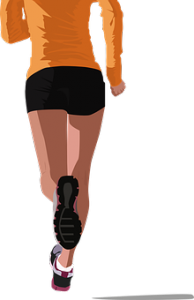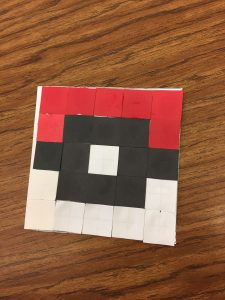I spent my second Monday in a row, with a friend, along the coast, sipping a delicious minty tea beverage while overlooking the water.
Yes, I live a ridiculously privileged life.
Yet, I am often not present to the beauty of it all, caught up in all there is to do to prepare my tenure file, to get my research projects done, to finish this project, to get this IRB proposal turned in (so that I can do more projects), to counsel doctoral students working on theoretical frameworks, to think about teaching in the fall, to clear the clutter that gets moved from pile to pile, to do and fold the endless hampers of laundry, etc, etc. I live in the future, am constantly thinking about what’s next, anticipating where I’m going, what I need to do, and who will be disappointed in me if I don’t do it.
If I’m not living in the future, I’m feeling guilty about my privilege and constantly thinking about who doesn’t have it, how I’m showing up (or not showing up) for them, whether I’ve done or am doing enough, whether any of the 15 projects I’m working at are really about addressing the issues I care so deeply about.
I find myself feeling resentful, in the midst of all of these blessings. I become irritated and then become irritated that I’m irritated. I become angry with myself and world. I tense up and make it about me and what I’m doing or not doing.
Full stop.
First of all, I need to remember that part of my privilege is that if the work I do doesn’t all get done (or doesn’t all get done this afternoon), there aren’t likely to be dire consequences. I do intellectual work that, while important to me, really gets read by a few educationally elite people (and my friends). Second, I need to stop living in my head and on social media, and prioritize the work and action that has me doing things in the world, with and for the people I care deeply about. Third, I need to breathe and remember to be kind and generous to myself. Self-care is actually not a privilege, it’s a necessity. I need to model that if I’m going to be a contribution rather than a resentful, sullen, brat. And I’m committed to contribution.
It’s a process. And every time, I think I am taking two steps forward, I take a step back. It is humbling. But this is actually the work, the work of being present, the work of contribution, the work of kindness and generosity.



